Election 2017: What now for your finances?
- Published
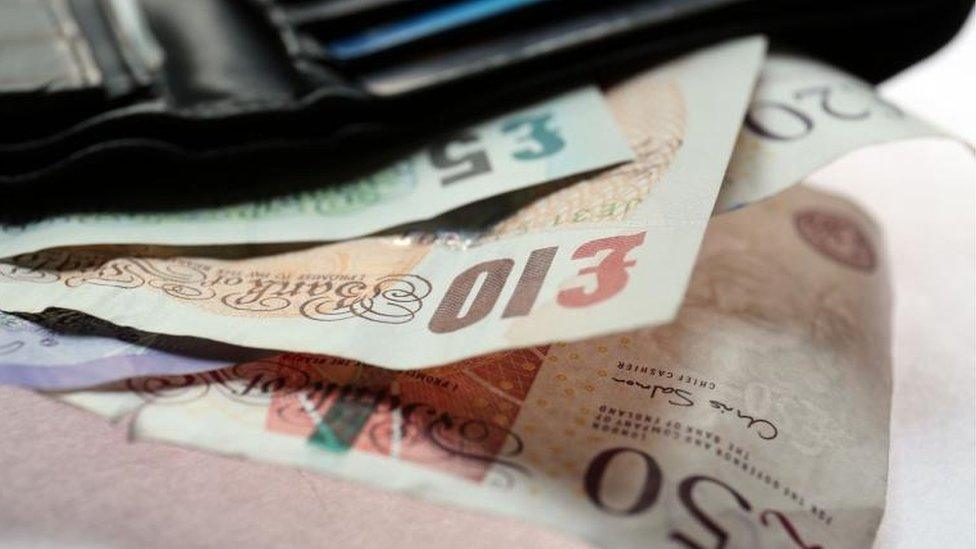
Now the voting is over, it is time for a new kind of count - a calculation of what a hung Parliament means for your finances.
Uncertainty abounds yet, even in its infancy, we know that the government - whomever forms it and however it operates - will make changes that will have a significant impact on your finances.
This will have permutations for pay, decisions determining the length of our working lives and, of course, a new relationship with the European Union that will affect our financial outlook as a nation and individually.
There is some consensus on matters of finances between the parties, for example on help for those in serious debt, but there are questions over whether these will be high on a priority list for a government that will have to work hard for any policy to be given the green light.
So, what might change and when?

What now?
The performance of the pound will be closely watched in the coming days, not least by those planning a holiday this summer.
Sterling fell sharply against the dollar and the euro following the UK's vote to leave the EU - making the cost of a typical holiday including travel and currency about 12% more expensive since the Brexit vote, according to one estimate.
The election result brought an initial 2.3% drop in sterling against the dollar at just below $1.27, having been at $1.29 before the first exit poll. Against the euro, the pound was down 1.4% at 1.1386. The trajectory now as the fallout of the election takes shape, and when negotiations with the EU begin in earnest in a few days' time, will determine what people get at the bureau de change for their summer getaway.
A weaker pound could mean prices rising faster in the shops. It also seems unlikely that interest rates will be raised by the Bank of England anytime soon, which is good for borrowers but bad for savers.
Those with investments will also be watching how share prices react to the result. However, in their case, unless they plan to cash in now, the long-term actions of the government are far more relevant, as most people invest for the future. Experts say predicting what will happen is tough.
"While the pound may be the barometer of the election result, predicting where it will settle is a fool's errand and if the last year has taught us anything it is the wisdom of humility and prudence in your investment approach," says Tom Stevenson, investment director for personal investing at Fidelity International.
"So it will pay to keep an eye on your long-term financial goals and to place your investment eggs in a wide variety of baskets."

There is a technical consideration for the new government too. Owing to this being a snap election, the Finance Bill that followed the Budget had to be rushed through and some plans affecting personal finances were dropped. If a Conservative-led government is successfully formed, it may wish to reinstate them possibly in a future Budget.
They include a plan to cut the tax-free dividend allowance from £5,000 to £2,000. That will affect those who own a small business and pay themselves in dividends alongside a small salary. It will also hit people with large portfolios of shares.
It also includes a proposal to stop people cashing in their pension, then reinvesting it to get tax relief again. This Money Purchase Annual Allowance was supposed to fall from £10,000 to £4,000 but was postponed. Not everyone is happy, and one pensions company says the policy is in "a weird sense of limbo" owing to the delay.
A more day-to-day consideration for many families with young children is the cost of childcare. From September, three and four-year-olds in England will be entitled to 30 free hours of care a week in term time, but exactly how this will work and the effect on parents' finances will be ironed out in the coming months.

What next?
The average person earns £26,329 a year, before tax. Out of that they pay about £2,964 in income tax, £2,180 in national insurance, £2,248 in VAT, a further £208 in alcohol duty, and £538 on fuel duty. That adds up to £8,138 a year in tax - almost a third of their salary.
Some changes were always in the pipeline. For example, the Conservatives have said that by 2020, the amount you can earn before you start paying income tax - the personal allowance - will go up to £12,500 from the current level of £11,500. Such a move would have broad support across the parties.
More questionable is a plan to raise the starting point for paying the higher, or 40%, rate of tax to £50,000 by 2020 from the current level of £45,000, saving higher-rate taxpayers about £200 a year.
In Scotland the higher rate threshold has been frozen at £43,000, and it is for the Scottish government to decide what happens to that threshold.
How much tax do we pay and what is the money spent on?
Significant changes are more certain than others.
Among those likely to continue is a rise in the National Living Wage - the minimum level of pay for those aged 25 and over. The Low Pay Commission has been set a target of it reaching 60% of median earnings by 2020. Official forecasters believe that will be about £8.75 an hour. Labour wants this to go up further.
Details of a ban on cold calls offering exotic investment opportunities to people cashing in their pension pots was expected when the election was called. This is likely to be resurrected soon. A starting date should also be given for a ban on lettings agent fees, cutting upfront costs for those looking to rent a home.
People facing serious debts should get a legal right to "breathing space", mirroring the Scottish system in which borrowers can apply to have six weeks free from further interest, charges or debt collection to get debt advice and set up a repayment plan. All the major parties were in favour of a system of this kind.
Experts are suggesting a period of uncertainty in the housing market.
"The election is likely to lead to more subdued activity, with some doubts about how policy will evolve," says Simon Rubinsohn, of the Royal Institution of Chartered Surveyors.
However, he said that beyond the summer, the property market might still pick up. A weaker pound may lead to more foreign investment in London, which could push up prices in the capital. Housebuilders' shares have been hit since the election result came in.

The big unknowns
The future of austerity measures, including a freeze on working-age benefits that was planned for the Conservatives for the next three years may be challenged. These include Jobseeker's Allowance, Employment and Support Allowance, some types of housing benefit, and child benefit.
There is also a cap on local housing allowance, limits to certain elements of tax credits, and a 1% pay rise cap for public sector workers until 2020 - all of which have proved unpopular among a large swathe of the electorate.
Reality Check: What is the triple lock on pensions?
The future for pensioners - one of the major battlegrounds during the campaign - ironically may end up a little more settled.
The "triple lock", in which the state pension is raised in line with the highest of average earnings, prices or 2.5%, may be unchanged. The Conservatives were alone in arguing for a "double lock" from 2020, by cutting the 2.5% element. Significantly, the Democratic Unionist Party (DUP), which may support the Conservatives in Parliament, wants to retain the triple lock.
"The triple lock is undoubtedly here to stay until 2020 and possibly for longer now; the Conservatives were alone in campaigning for its abolition after 2020," says Tom McPhail, of Hargreaves Lansdown.
The Conservatives were also alone in proposing means testing for Winter Fuel Payment, currently worth up to £300 for pensioners.
One huge decision, which should have determined whether millions of people will have to work for longer, is now likely to be kicked into the long grass.
An analysis for the Department for Work and Pensions has suggested that workers under the age of 30 may not get a state pension until the age of 70. A second report, by John Cridland, external, proposes that those under the age of 45 may have to work a year longer, to 68.
The government was obliged to respond by May, but delayed doing so owing to the election being called. Now there needs to be some response, but as there is no consensus between the parties a definitive policy is looking more unlikely.
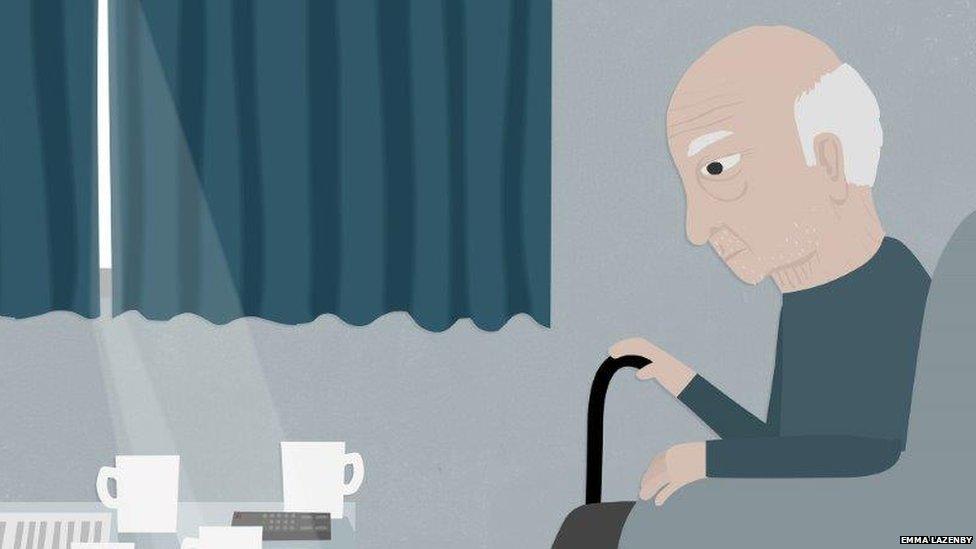
One of the most controversial subjects during the election campaign was the Conservative plan for social care in England.
Again, this is a particularly toxic issue and it is difficult to see how a major new policy could be agreed upon. That will mean more uncertainty on how much individuals will be expected to fund their care and how.
The Conservatives pledged to cap some domestic energy prices, which the party said would save 17 million people an average of £100 a year. A rise in the share prices of the energy companies suggests the markets believe this is now a more distant prospect.
Finally, and most significantly, the biggest effect on your pay, job security, job prospects, tax demands, and general prosperity will be the Brexit negotiations. The deal made with the EU and then trade deals with other countries will determine the financial outlook for the country and for individuals for many years to come.
- Published6 June 2017
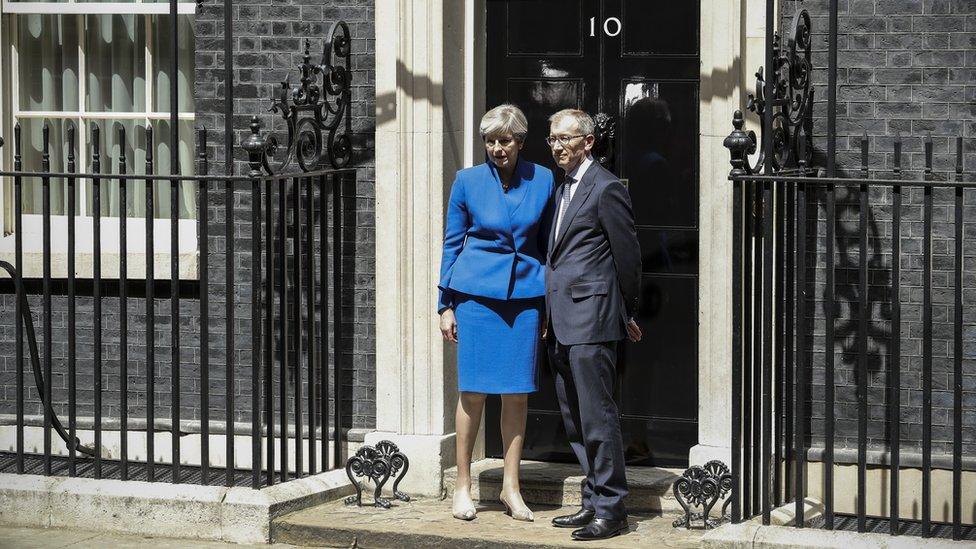
- Published11 June 2017
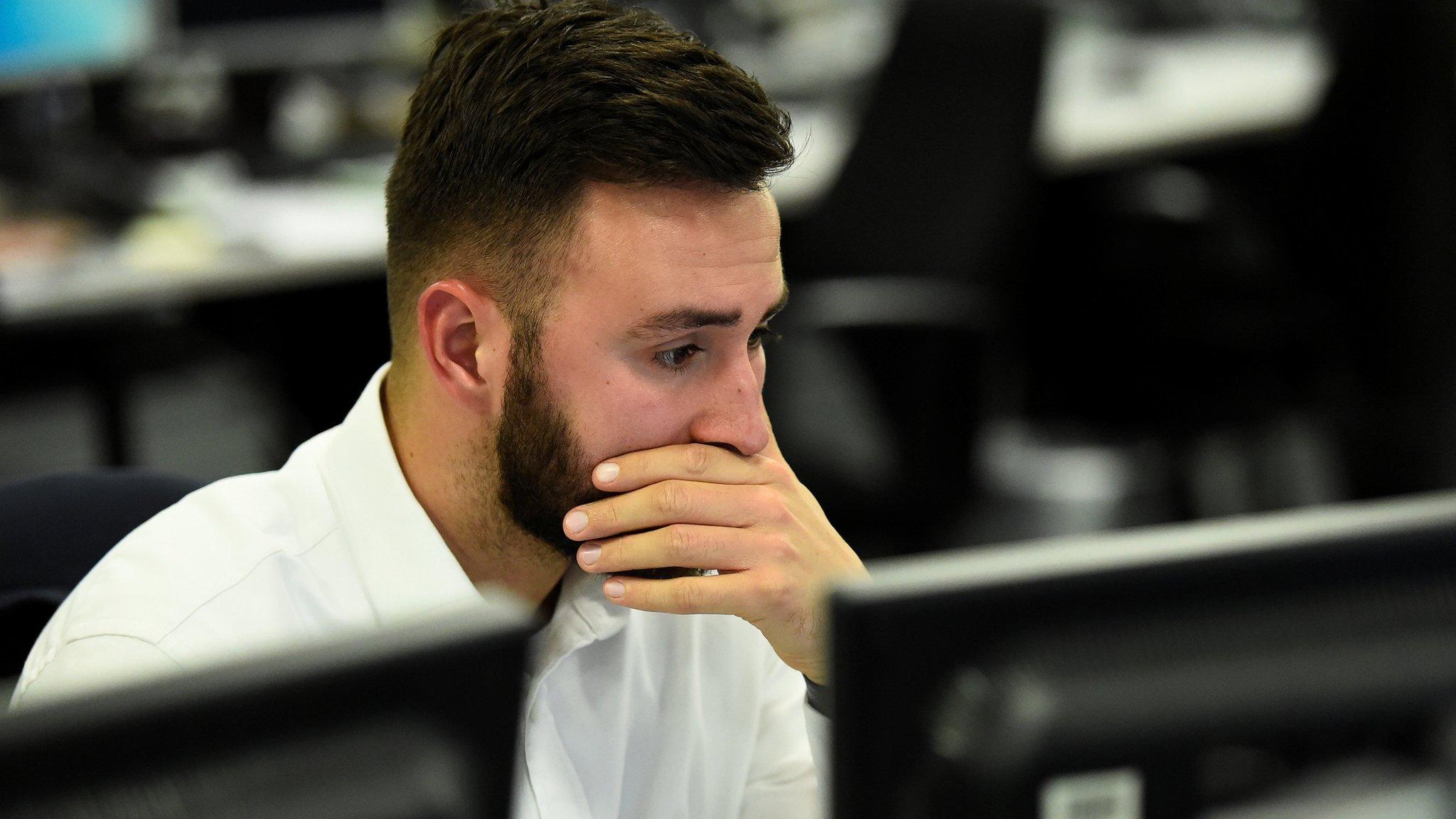
- Published9 June 2017
- Published5 June 2017
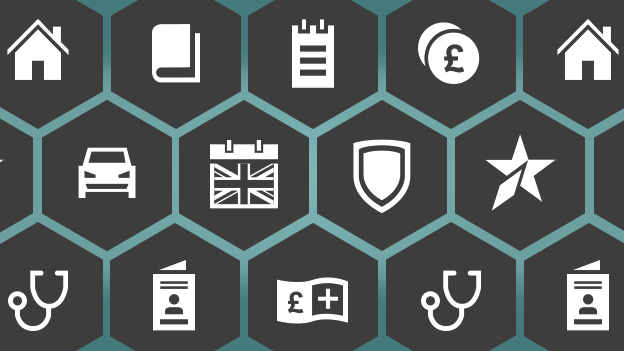
- Published9 July 2020
